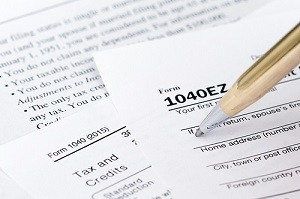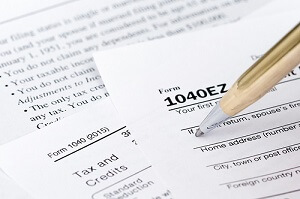 There are many reason that you have been unable to save money. Saving can feel like an impossible task that many Americans struggle with. A study revealed that half the population—47%—had zero or negative savings accounts.
There are many reason that you have been unable to save money. Saving can feel like an impossible task that many Americans struggle with. A study revealed that half the population—47%—had zero or negative savings accounts.
In the same year, the Federal Reserve found that the average saving rate was 4.8% of disposable income—not nearly enough to handle expenses should an illness or job loss become your reality.
Having a savings account should be a non-negotiable in your financial planning, and if you’ve found putting money away to be an insurmountable challenge, you may be struggling with one of the following reasons. Read on to find out how you can change your financial situation and start putting money away for a rainy day.
Why You Haven’t Been Unable To Save Money
1. Forgetting to Budget
If you don’t budget out each month, you’re doing yourself a disservice. Taking an hour or less to draw up your financial plans for the month allows you to visualize where your money goes, and highlights any inconsistencies or overspending that you might have otherwise missed.
Using a budget allows you to control every last cent in your wallet, helping you avoid unnecessary expenses and cutting down on the excess spending that comes along with lack of planning. If you find it difficult to do on your own with pen and paper, use one of the many electronic budgeting apps like PocketGuard that will allow you to monitor exactly where you’re spending your money and take steps to cut out unnecessary spending.
2. Paying Off Debt
Paying off your debt is important, especially because high interest rates can rack up, making your savings account moot point. In fact, the interest you pay on a lingering debt is, nine out of 10 times, way more than the interest you’ll make off of your savings account.
The sooner you pay off your debt, the more money you’ll have to put into savings (and the psychological relief isn’t too shabby either). Tackle your debt through the avalanche method, focusing your payment efforts on the accounts that charge the highest interest first. Be sure you always keep enough to dedicate to minimum payments on your other accounts and ensure you don’t rack up numerous late fees.




 We’re in the thick of tax season, and if you’re having anxiety about handling what you owe whether personally or
We’re in the thick of tax season, and if you’re having anxiety about handling what you owe whether personally or 

 In a world where people can be quick to seek out unfair compensation and sue for almost any small incident, it’s important that you keep yourself financially secure with liability auto insurance for your vehicle. You see, you can’t always control when, where, or how an accident will occur, but you can control and potentially limit how much an accident will cost you with the right amount of liability auto insurance.
In a world where people can be quick to seek out unfair compensation and sue for almost any small incident, it’s important that you keep yourself financially secure with liability auto insurance for your vehicle. You see, you can’t always control when, where, or how an accident will occur, but you can control and potentially limit how much an accident will cost you with the right amount of liability auto insurance.